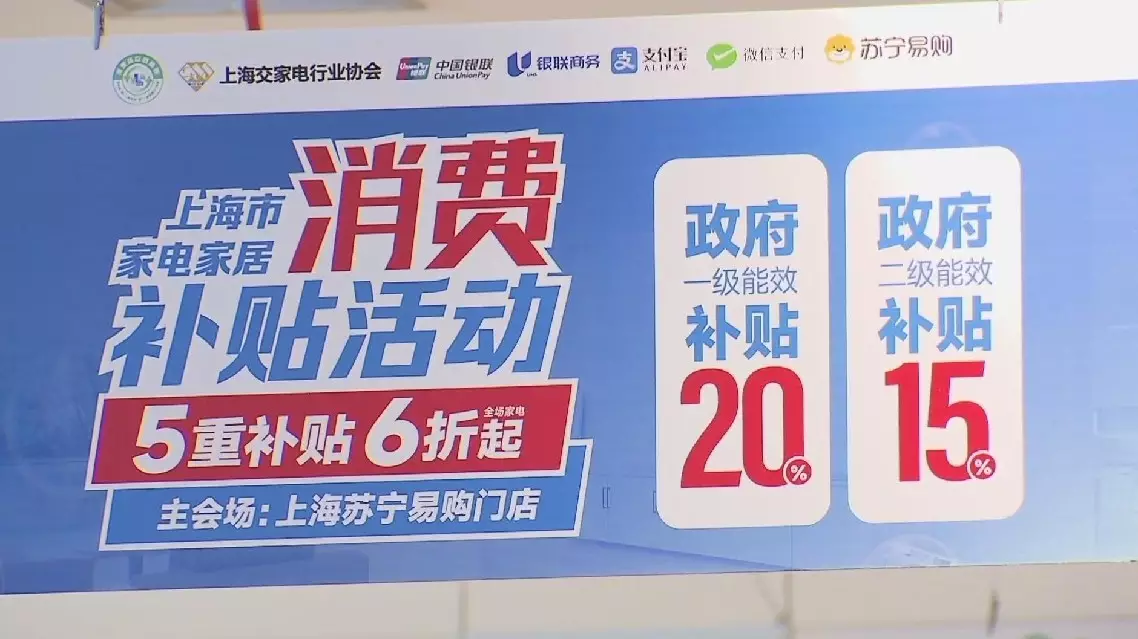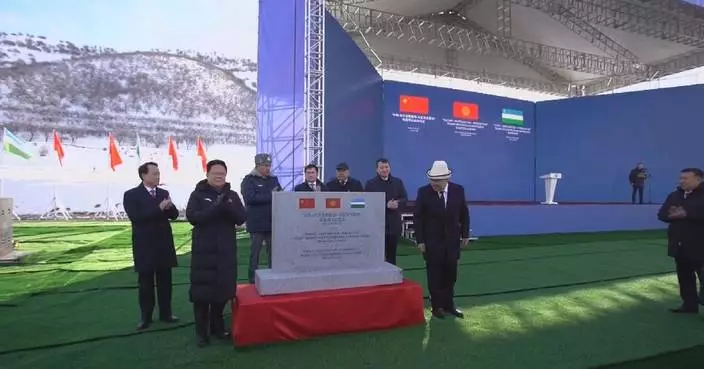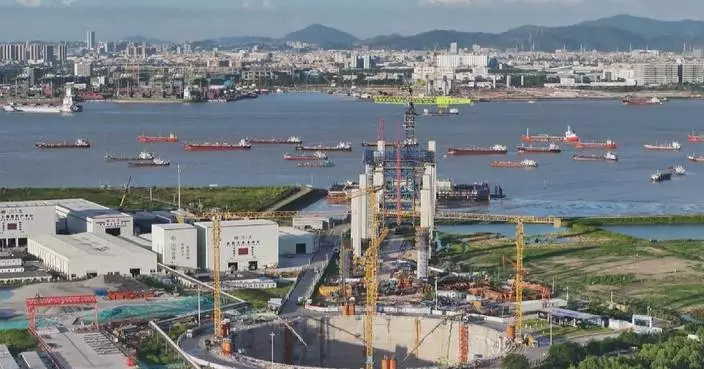The South Korean won slid to its lowest level against the U.S. dollar in more than 15 years on Friday, largely due to domestic economic woes and political instability, as well as the dollar's continued strengthening.
The won opened at 1,467.5 per dollar and was trading at 1,482.6 per dollar at 11:03 local time, marking the weakest level since March 16, 2009.
South Korea's Deputy Prime Minister and Minister of Economy and Finance Choi Sang-mok said that the sharp decline in the won/dollar exchange rate shows that the absence of a national leader would have a serious impact on the world's trust in the South Korean economy, security, and the continuity of state affairs.
South Korean financial experts predict that the Korean won will continue to weaken against the U.S. dollar, due to domestic political uncertainties, including the South Korean National Assembly's impeachment motion against acting president Han Duck-soo and the potential launch of a consultative body between the ruling and opposition parties and the government.
External factors include the Federal Reserve's adjustment of the pace of interest rate cuts, which has pushed up the U.S. dollar.

S Korean won hits 15-year low against USD amid political turmoil
Governments at all levels across China are promoting consumer goods trade-ins and industrial equipment upgrade with preferential policies and subsidies, bringing about significant growth in home appliance sales and equipment production. So far this year, the trade-in policies have brought a total sale of one trillion yuan (about 137 billion U.S. dollars) nationwide, and boosted production of trade-in-related goods like new energy vehicles (NEVs) and home-use freezers.
In Shanghai, in addition to the eight categories of nationwide subsidized products, like refrigerators, television sets, and computers, the local government introduced extra subsidies for additional home appliances, as well as interior materials, furniture, elderly-friendly products, and more to meet local needs.
According to statistics, Shanghai's trade-ins of home appliances have exceeded 6.4 million times, boosting trade of the eight categories by 30 to 40 percent compared to last year's statistics, and the total sales of home appliances on all platforms exceeded 10 billion yuan (about 1.37 billion U.S. dollars).
In central China's Hubei Province, the local government is providing subsidies unlimited times for passenger vehicles trade-ins, expanding subsidized kitchen and bathroom appliances, and involving interior goods and materials to the list, benefiting consumers in over 4.5 million transactions and bringing a total sale of 50 billion yuan (about 6.8 billion U.S. dollars).
In the first three quarters, industrial equipment upgrade policies have stimulated investments in equipment and tools, featuring a 16.4 percent year-on-year increase, with food manufacturing, agricultural products processing, and metal smelting equipment production increasing by 38.1 percent, 34.6 percent, and 13.2 percent, respectively.
In addition to consumer goods, governments at all levels have been actively offering allowances and providing guidance for companies to upgrade appliances and technologies to facilitate domestic consumption "We have applied for nearly 50 million yuan (about 6.8 million U.S. dollars) funding for equipment upgrades. With active advertising and mobilization, we encouraged local advantageous companies in machinery and medicine and health to apply, and provide guidance for them on company digitalization and technology upgrade," said Yu Biao, deputy director of the Development and Reform Bureau of Xinchang County in Shaoxing City of east China's Zhejiang Province.
Companies are also benefiting from the policy, and many are pursuing expansion with government allowances.
"We have benefited from the 'one-time pre-tax deduction policy for equipment and tools under 5 million yuan (about 680,000 U.S. dollars)' and reinvested additional funds for the Phase II expansion. As a result, the annual processing capacity has increased from 80,000 tonnes to 130,000 tonnes," said Tang Kaibo, general manager of Liaoning Lvyuan Renewable Energy Development Co., Ltd.

Local governments promote trade-ins, equipment upgrade with policies, subsidies










